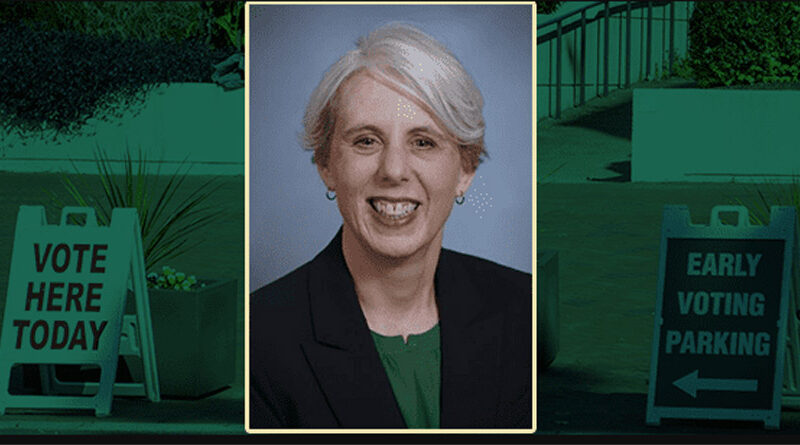Charlotte Professor Finds Election Administration Spending Increases Voter Turnout
Mary Jo McGowan, a teaching professor in the Political Science and Public Administration Department and executive director of the Interdisciplinary Studies program, has spent approximately six years researching election administration.
McGowan, fellow political science and public administration professor Martha Kropf and former UNC Charlotte associate professor Zach Mohr began collecting data from North Carolina and nationally in 2018 on the cost to run an election, and what they found was interesting variation across the country. North Carolina falls in the middle of the distribution, spending on average $9.80 per registered voter. States like California and Florida lead the nation at nearly $20 per voter, while the Northeast spends less per registered voter compared to the rest of the nation.
Election spending goes toward salaries of poll administrators, office supplies, building utilities and more. Funding to administer elections matters because, according to McGowan, the more resources allocated to poll workers will hopefully result in turnout and smooth operations.
“If election directors could spend more money on training and education, voter turnout would go up, but some places don’t have the money for that,” McGowan said, adding most election officials are doing the best they can with what resources they have, and the job of running a safe and legal election is no small feat.
McGowan and Kropf detailed the process in their recent webinar “The State of Democracy.” They walked through the process of collecting ballots, tallying votes and undergoing multiple rounds of audits. McGowan emphasized that not only are elections remarkably accurate; they are secure.
So why has the integrity of elections and poll workers been called into question in recent years? McGowan says a major culprit is a lack of education and information about the process. McGowan’s solution to this disconnect is through front-end education in high school — teaching people from a young age how the voting system works on a technical level. McGowan said that voters also need to not assume situations they don’t understand to be fraud.
“If you see something that you don’t understand, instead of automatically saying that it is fraud, ask the judge in the polling locations what’s going on,” McGowan said. “Get an explanation right there instead of putting it on social media.”
Another misconception with the election process McGowan discussed is the time it takes to deliver accurate election results. The counting and verification process takes at least 10 days to complete. News media outlets want to be the first to report results, but McGowan says the best course of action is to sit and wait for verified results.
“It’s better to wait seven days and get it right than to forecast something on election night and be wrong,” McGowan said.

